Farmers pack up with feel of victory, happiness, loss and many memories; battle was won, struggle to continue
Farmers never thought they would protest for so long, nor did they think that govt would remain adamant. For most of them, the experience was akin to what they read and heard about freedom struggle

It’s a bittersweet feeling at the Singhu border in north-west Delhi of the national capital. Or maybe it is saudade, which expresses the feeling amongst the farmers who are beginning to pack up. The Brazilian Portuguese word translates into a feeling of longing, melancholy, or nostalgia. It is the beginning of the end of the farmers’ protest. This is not to say there isn’t happiness; it is in abundance in the air and in their disposition.
The farmers began protesting the three farm laws in October 2020 and they reached the Delhi border on November 26, 2020. They saw to it that the BJP government repealed the three farm laws in the winter session of 2021. After 380 days at the border, the first batch of caravans will leave on December 11, 2021, as stated by the Samyukt Kisan Morcha, the coalition of farmers’ union. Then slowly, several other groups will begin to leave. Each group taking their own time to pack up their belongings, memories, wrap up friendships and a lifetime of heroic stories to tell.
The main stage where speeches were held every day was dismantled on Friday, December 10. People came to witness it, breaking into a song commemorating the protest. A few langars were packing up, tents and medical rooms are toilets were being taken down. Makeshift tents that turned into semi-permanent structures were being broken down. Several langars continue to serve food along the 10km stretch where farmers had settled down. Most will continue to be there until the last person leaves.
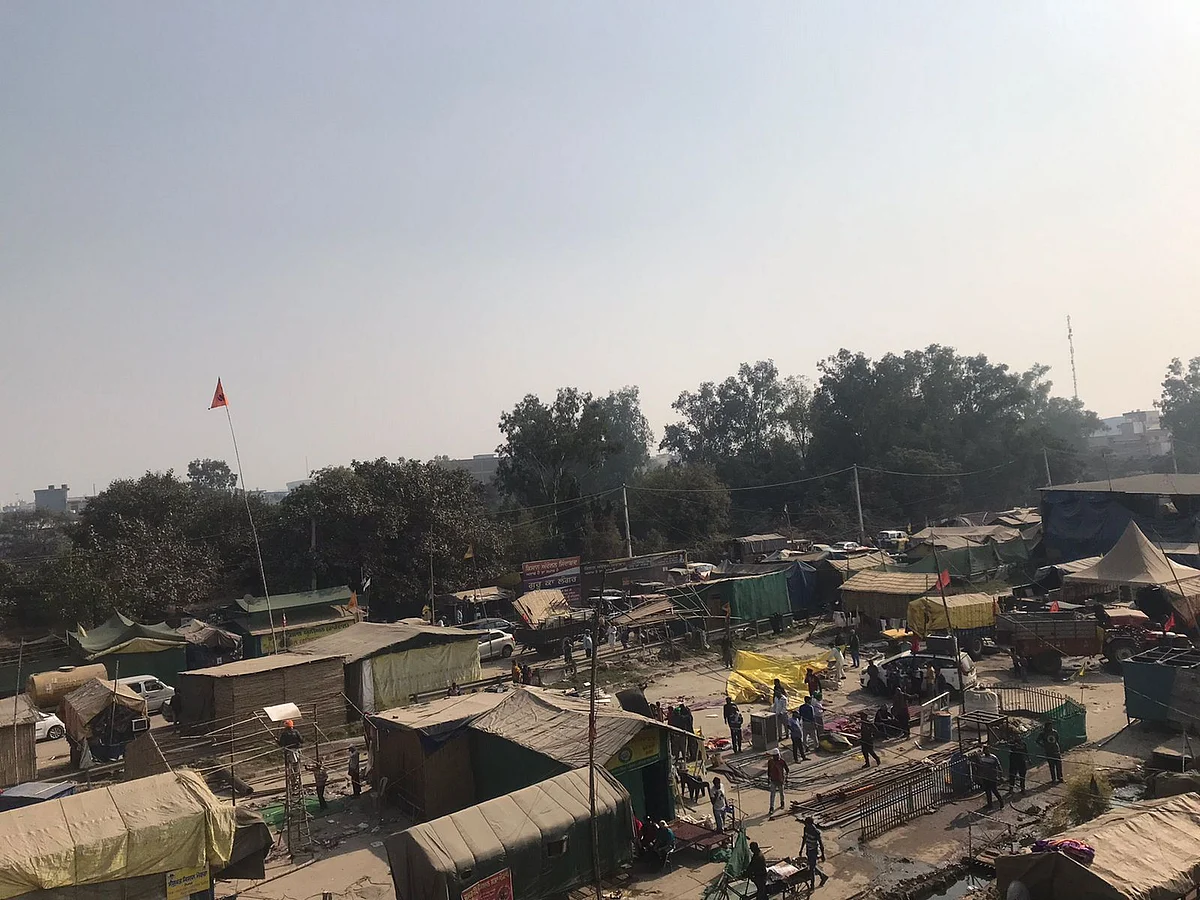
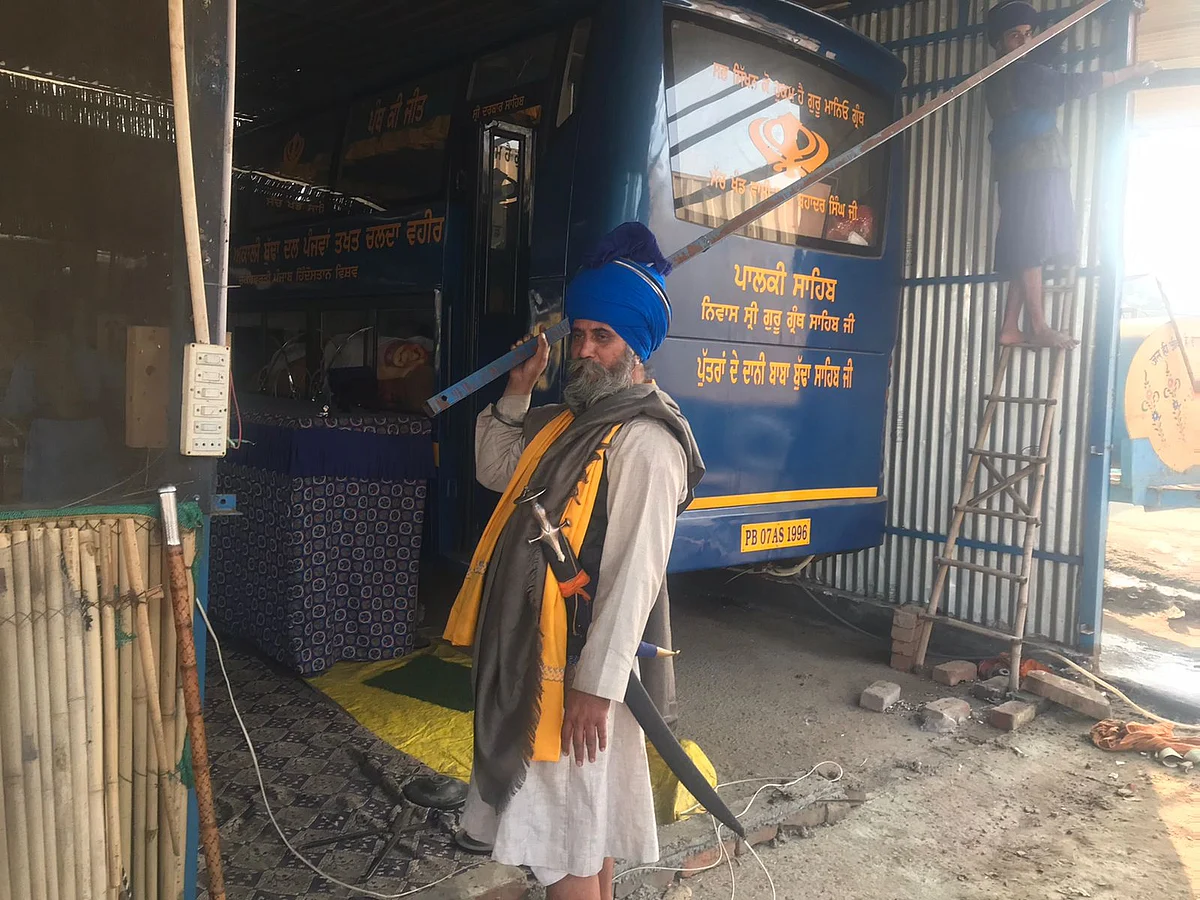
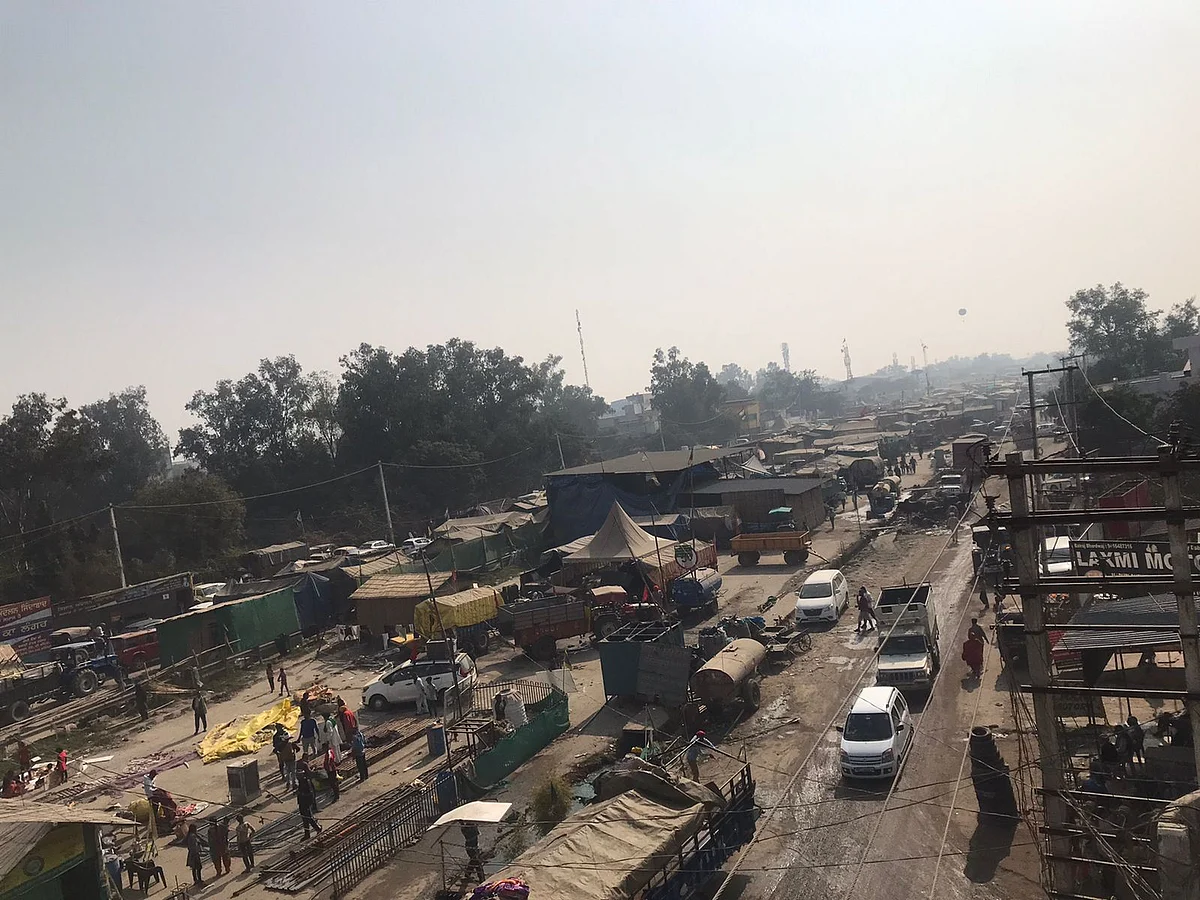
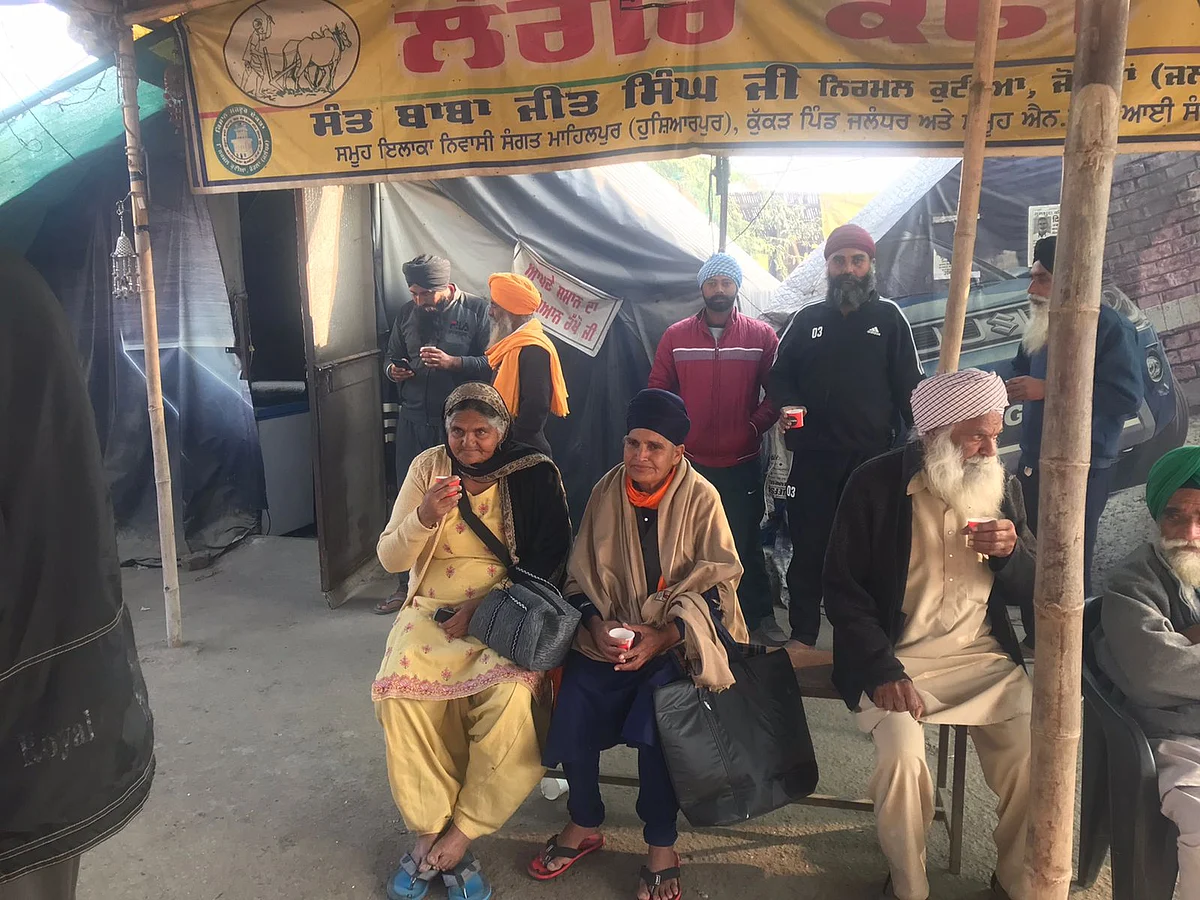
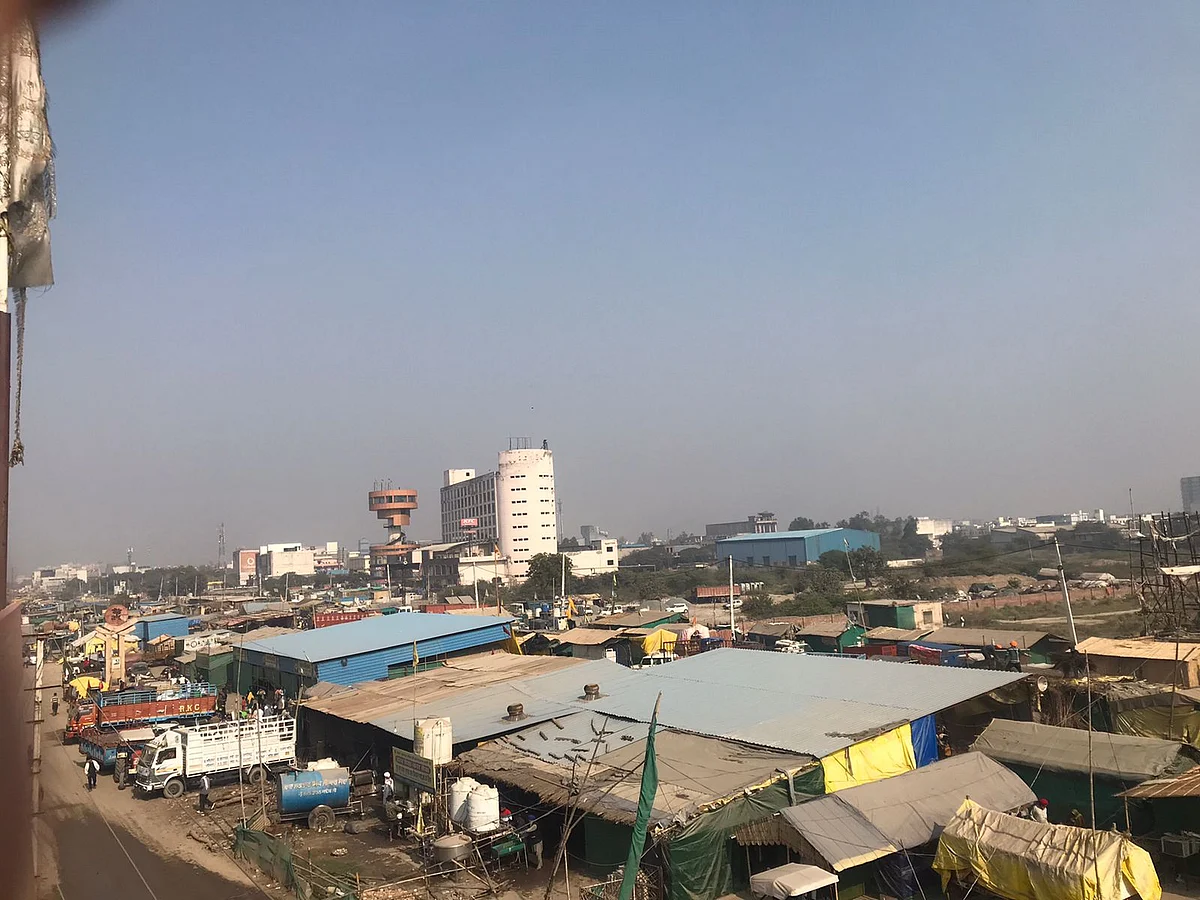
None of them ever thought they would protest for so long, but neither did anyone think that the government would remain adamant. When it became clear to the farmers, they decided to sit for as long as it would take for the farm laws to be repealed. They had begun talking about probably being at the Singhu border until 2024.
The government did not think they would last this long either. After all, they had tried everything in their rule book to break up the protests, but the farmers held on. They saw through attempts by certain leaders to contain them within a faraway ground, figured government’s plan to break them up when the BJP government insisted on just a few people for talks. The farmers held their ground and sent more than 35 leaders from various farmers unions. They refused to react to the government and pliant media’s conjecture of calling them Khalistanis. They were shamed for running langars that served pizzas as if it were a crime while being taken to task for having heaters and coolers at the strike locations.
After January 26, 2021, when they all drove their tractors to central Delhi and climbed up the Red Fort, there was an attempt to run down the protest. That did not work wither. It came to be known that some of them who initially climbed the fort were aligned with the BJP. Then Uttar Pradesh farmer leader Rakesh Tikait appealed to his townspeople to come in droves as the police slowly moved in at Ghazipur to remove the farmers. They came and they could not be dislodged. The effect rippled. Farmers at all the borders stayed put.
A community and a people came together. The government did not want them to. They realised it and stuck together or they would have perished. “We had our lands to save, so there was no question of not sticking together. We are people from the villages and we have enough wisdom to understand and call the bluff of governments,” pointed out Shiv Singh from Fatehgarh Sahib. He will be leaving on Sunday.
Shiv Singh reminisced about the people and friendships he struck while being here for more than a year. “I have made close connections with people from Fazilka and Muktasar districts, both of which are not close to where my home town is. I’m old now and don’t know if I will ever meet them again. I am hoping we build a memorial at the Singhu border, so some of us can come annually and meet each other too. I may go over to their place too. We have grown so used to chatting with each other.”
For the women, the separation was going to be longer and more difficult. Forty-year-old Harinder Kaur from Patiala said she had grown up and lived most of her life in Punjab and now she got to see Delhi. “We have a few acres of land and I will go back to working on the farm. But, I will carry memories of women I struck friendships with. I have taken down their numbers. Maybe we will meet again. Life may never be the same after this protest, but we are afraid of what the government will do in retaliation of having made them back down on the three laws,” said Harinder.
Nihang Gyani Shamsher Singh was more philosophical. “We are here today, who knows where we will be tomorrow. We will ensure a commemorative memorial is built here. Close to 800 people lost their lives here. We have to remember them. Their families will go back without a family member. How will they celebrate? We have to remember them and their sacrifices,” asserted Shamsher Singh, while maintaining that langar would also run on the location. No one knows if it will come to take shape, but we have all learnt to never underestimate the word given by farmers.
Most know they will never forget this experience. There were children as young as five years old and farmers as old as 87-years-old, who stayed through nail-biting winters and scorching summers. They will tell the tales for as long as they live. “It is an experience we can never forget. I was in my final year of my bachelor’s programme when I came with the protest. I have now joined masters at Punjab University and another person at the protest got admission into JNU,” said Gurmeet Singh, while making way for tractors taking out small rallies with victory songs blaring from their loudspeakers.
For most of the farmers, the experience was akin to what they had read and heard about the freedom struggle. “We have lived through this one. Fought for our lands and stopped the corporate takeover of our fields. Is this not our freedom struggle,” asked 35-year-old Jasvinder Singh from Patiala.
But, there is disgruntlement too. There are more than 15 farmers who are on a hunger strike just walking distance from the main stage. They believe the leaders of the protest gave in too quickly to the government’s promise of withdrawing cases. They will not leave until all the cases are withdrawn and the minimum support price for the various crops they produce.
“We sat here for more than a year and what did we get? We want the minimum support price to be implemented. If it took farmers from several states to come together for more than a year for three laws to be repealed, do you think a committee of five will be able to convince the government on MSP,” asked Mahipal Ram from Rajasthan.
Fasting along with him is Satnam Singh Virk from Patiala who insists that the farmer leaders are not true leaders. “If they were leaders, they would not have gone home first. They would have waited till most of us left and only then would they leave. The people who took charge of the protest have other interests,” claimed Virk without any proof. He has a few cases against him and his mobile phones were confiscated by the police in May 2021 near Parliament Street.
However, they all agree they have come a long way from a year ago when they set forth without knowing fully the hurdles and the extent to which they would go to hold their ground. They have given a lifeline of hope to all those who have to take on the government. They have showed it’s possible. The farmers have shown us that democracy is about fighting for what you want and not just voting once in five years. For now, the war has been won, protests will continue.
Follow us on: Facebook, Twitter, Google News, Instagram
Join our official telegram channel (@nationalherald) and stay updated with the latest headlines